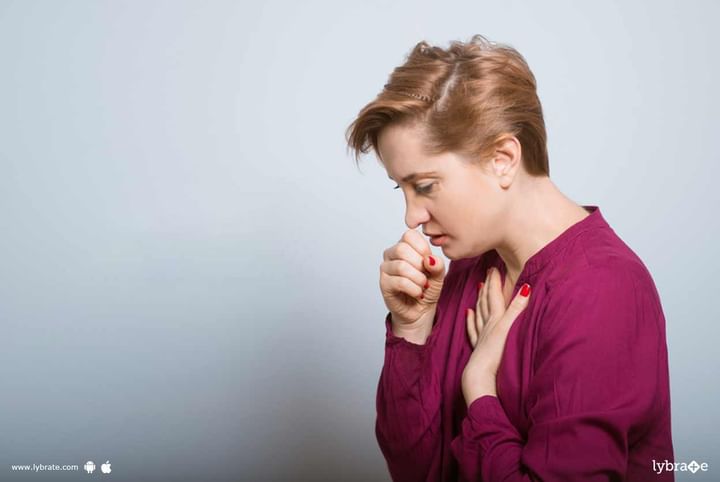Bronchits - All You Should Know!
What is Bronchits?
A cold or the flu runs its course in a couple weeks, if you’re lucky. After that, you’re back to normal. But sometimes you may get bronchitis, too.
That’s when your bronchial tubes, which carry air to your lungs, get infected and swollen. You end up with a nagging cough and a lot more mucus.
Types:
-Acute bronchitis: This is the more common one. Symptoms last for a few weeks, but it doesn’t usually cause any problems past that.
-Chronic bronchitis: This one is more serious, in that it keeps coming back or doesn’t go away at all. It’s one of the conditions that makes up what's called chronic obstructive pulmonary disease (COPD).
Causes:
- Most often, the same viruses that give you a cold or the flu also cause bronchitis. Sometimes, though, bacteria are to blame.
- In both cases, as your body fights off the germs, your bronchial tubes swell and make more mucus. That means you have smaller openings for air to flow, which can make it harder to breathe.
- If any of these things describe your situation, you have a bigger chance of getting bronchitis:
- You have a weaker immune system. This is sometimes the case for older adults and people with ongoing diseases, as well as for babies and young children. Even a cold can make it more likely since your body’s already busy fighting off those germs.
- You smoke or live with a smoker.
- You work around substances that bother your lungs, such as chemical fumes or dust. (Examples: coal mining, working around farm animals).
- You live in or travel to a place with poor air quality or lots of pollution.
Symptoms:
-Cough and production of mucous or sputum are the two most common symptoms of bronchitis.
-Due to excess production of mucous within the bronchial tubes, the cough reflex is induced in a bid to get rid of the mucous. The mucous is usually whitish in colour.
-Often patients feel shortness of breath. This shortness of breath is aggravated on any physical activity like walking, running or climbing stairs.
-There may be wheezing in the chest while breathing. A sensation of tightness or heaviness in the chest may be felt.
-Exercising or running or climbing stairs is often difficult as the compromised lungs are unable to meet the increased requirements of oxygen.
Diagnosis:
Your doctor usually can tell whether you have bronchitis based on a physical exam and your symptoms.She’ll ask questions about your cough, such as how long you’ve had it and what kind of mucus comes up with it. She’ll also listen to your lungs to see whether anything sounds wrong, like wheezing.
That’s usually it, but in some cases, your doctor may:
-Check the oxygen levels in your blood. This is done with a sensor that goes on your toe or finger.
-Do a lung function test. You’ll breathe into a device called a spirometer to test for emphysema (a type of COPD in which air sacs in your lungs thin out and are destroyed) and asthma.
-Give you a chest X-ray. This is to check for pneumonia or another illness that could cause your cough
-Order blood tests.
-Test your mucus to rule out diseases caused by bacteria. One of these is whooping cough, which is also called pertussis. It causes violent coughing that makes it hard to breathe. If your doctor suspects this or suspects the flu she'll also take a nasal swab.
Role of Homeopathy In Bronchits:
When it comes to treating bronchitis, Homeopathy is very effective. In fact it is the most promising system of medicine for the treatment of bronchitis. Here one must mention that the preventable or avoidable causes of bronchitis should be and must be removed. It is very important that one should stop smoking if the patient is suffering from bronchitis. Any sort of pollution should also be avoided. In homeopathy, I have seen pretty severe cases of bronchitis getting cured.
Diet and Non Diet Food:
Eat plenty of fruits, vegetables, and whole grains. You can also eat meats low in fat, chicken, fish, and low-fat or nonfat dairy.



+1.svg)
